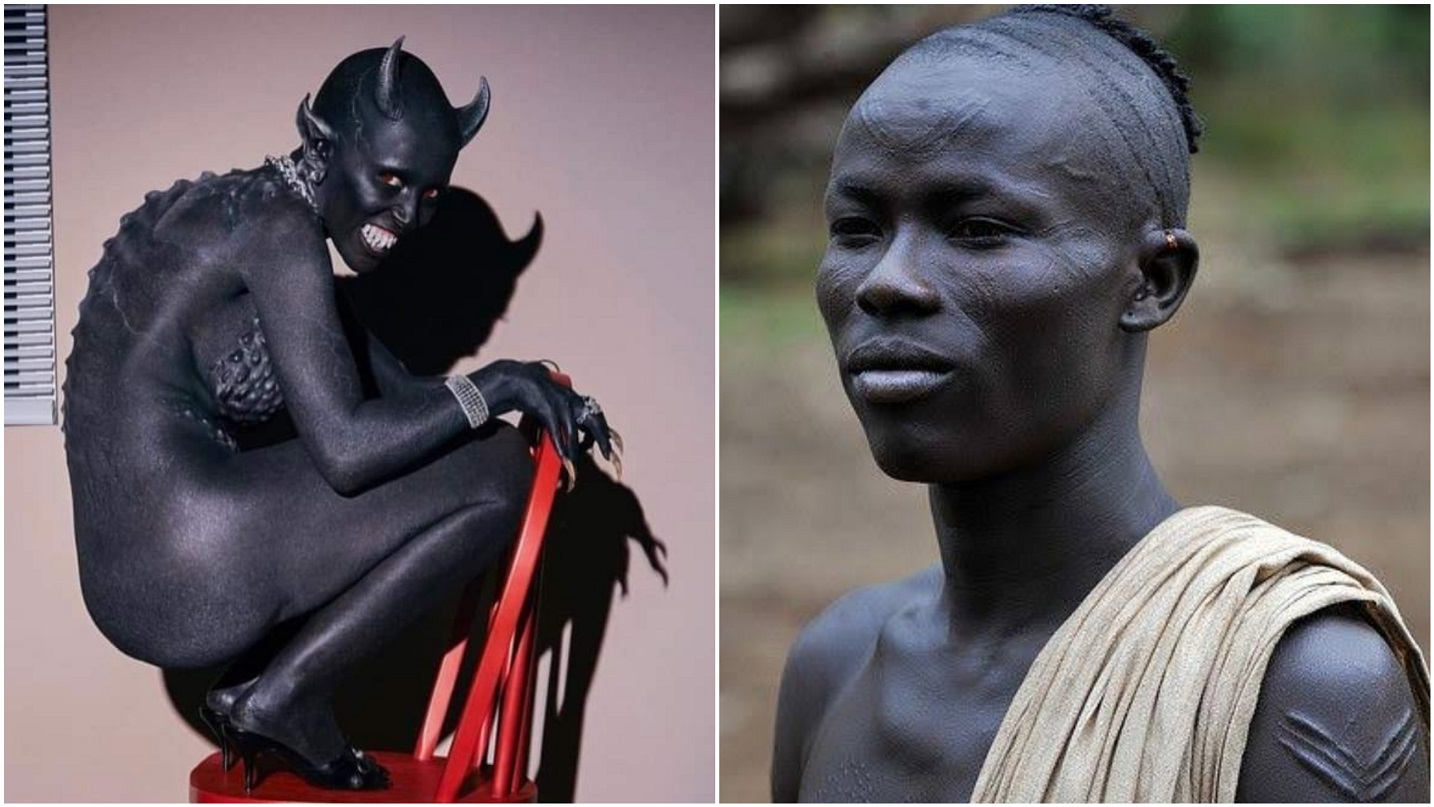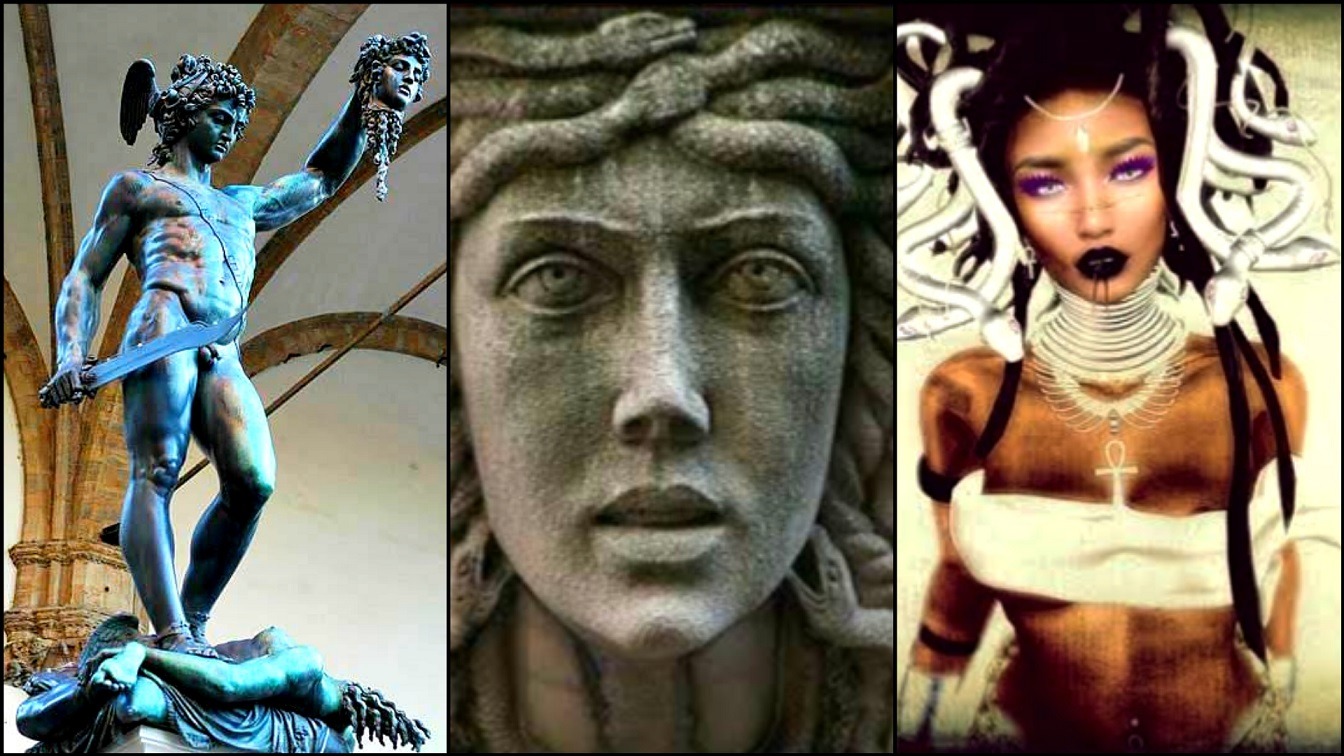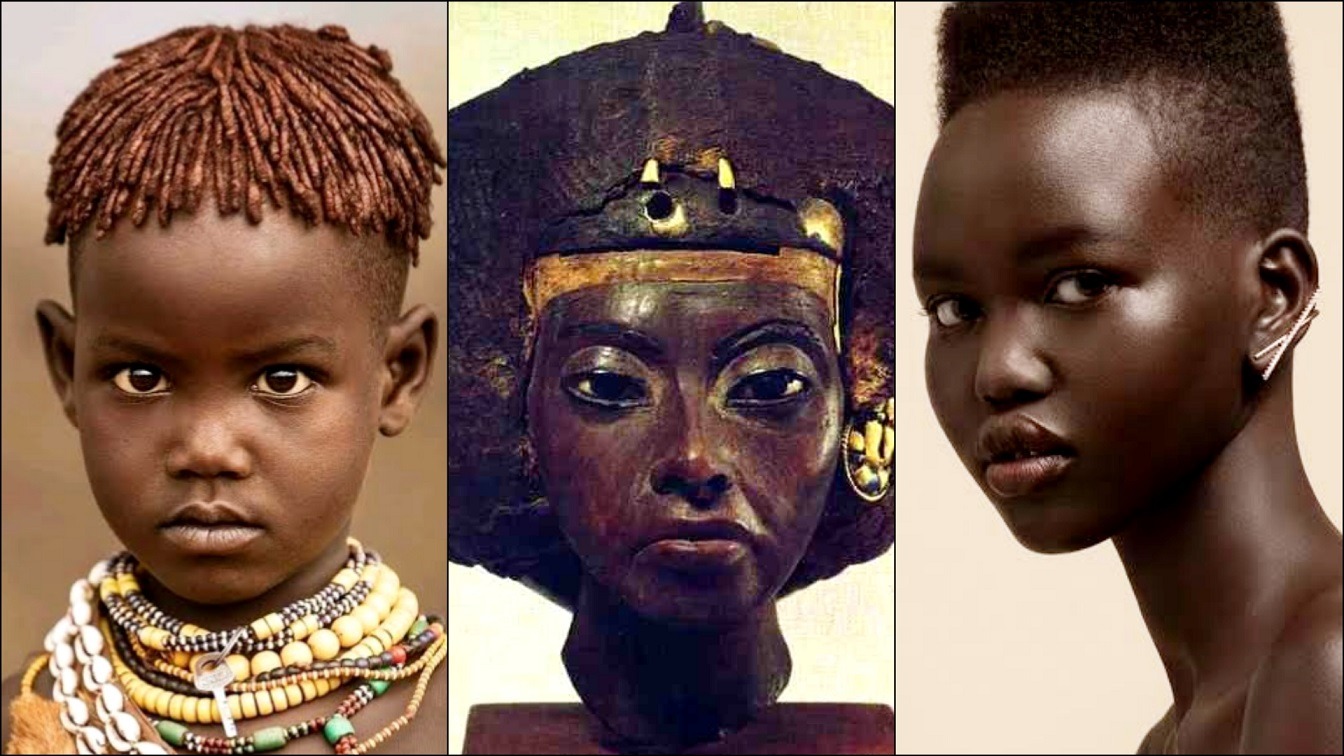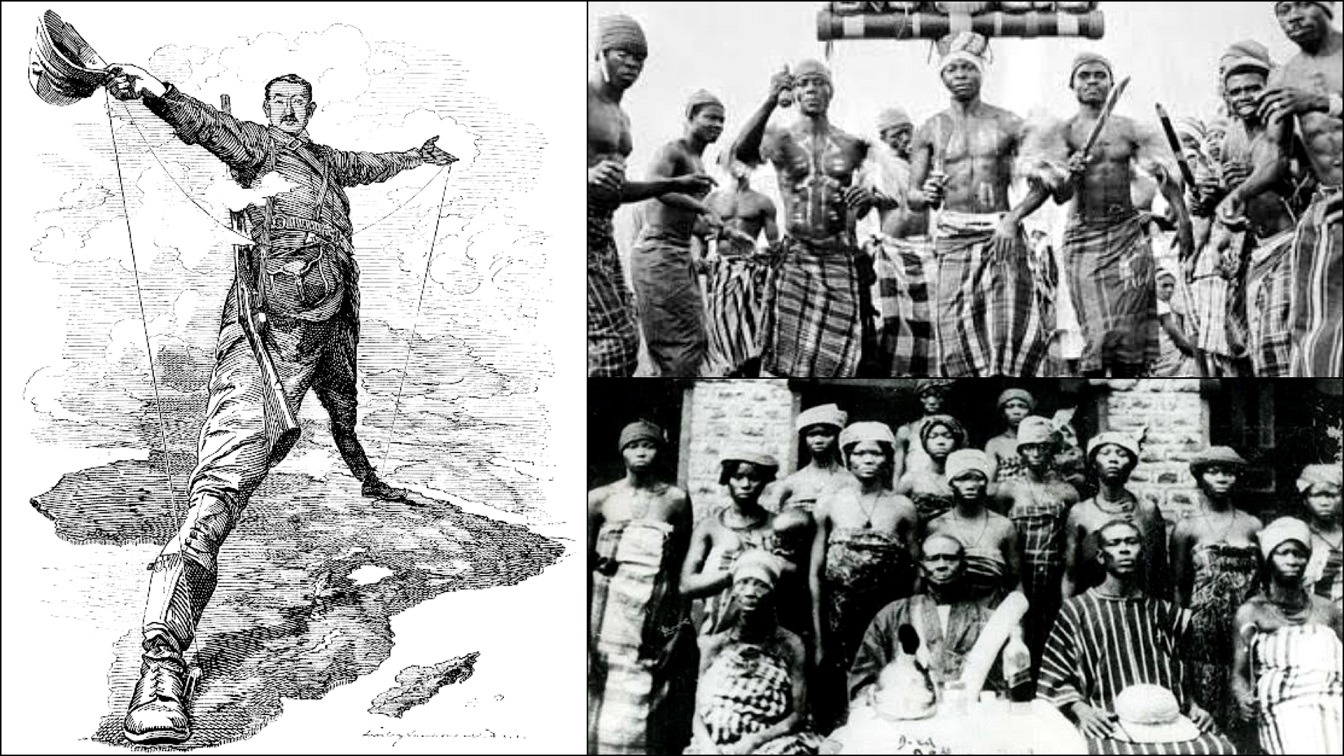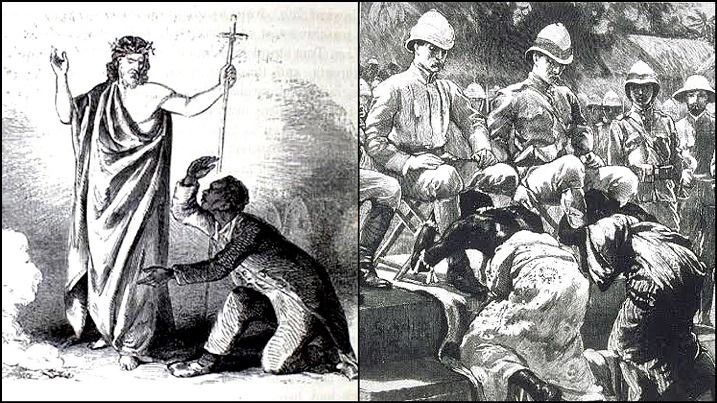The recent imagery for “Demons“, a song by female rapper Doja Cat, has raised reactions from her fans and other music lovers from around the world.
Many of those who have commented on the album cover and the video of the song, complain that it is too evil and scary.
However, these concerns from her fans, about the scary or evil imagery of her song ‘Demons’ is not the central issue from an African-Consciousness point of view.
The offensiveness of the imagery lies in the fact that the choice of the skin tone of the Demon mirrors the continuous depiction of the devil and demons to have African features – dark-skinned and melanated.
This choice of the dark African skin tone in depicting demons and devils follows centuries-old tactics used by European religions, artists, writers, pseudoscientists, philosophers, and theologians.
As far back as the 1600s, European folklore described the devil (Satan) as a black man, and the Puritans (reformers of the church of England) imported these false and malicious notions of dark skin. These notions were then made popular during the Salem witch trials of the 1690s.
From England, these notions which identified all other races (especially the dark skin) as possessing satanic powers, were imported to New England (today’s America), and all other parts of the world.
In the 1800s, white supremacist theologians claimed that the devil was black. This characterization of Jesus as a benevolent and holy Caucasian (white) male and the devil/Satan as the evil enemy of Jesus with African looks has remained dominant to this day.
What is however more unseating is that in an age and time where enlightenment is spreading across the globe, the various media industries of the world have chosen to maintain the same malicious stereotype against the skin tone of the dark Africans.
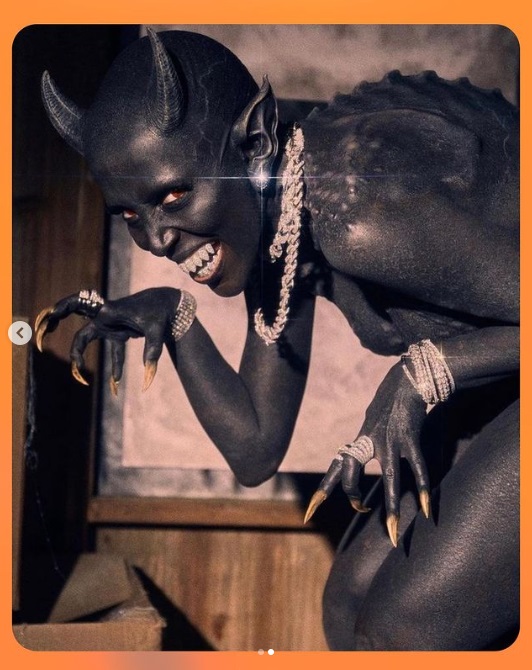
The music industry, which holds a great influence on the mindset of millions of music lovers has continued to use subliminal imagery to suggest that the devil/Satan and demons in hellfire are of the African skin tone. This imagery by Doja Cat is one with a wide reach, as the video to her song ‘Demons’ grossed over 6.5 million views 3 days after its premiere on YouTube.
We as conscious Africans, who know the effect of the subliminal and outright campaign against Africa’s image, are quick to spot these kinds of provoking imagery. We are of the firm opinion that the music industry, Christianity (as a religious and political tool of the West), and the movie industry should be responsible for their use of dark skin (African skin tone) in portraying any creature, mainly the devil.
